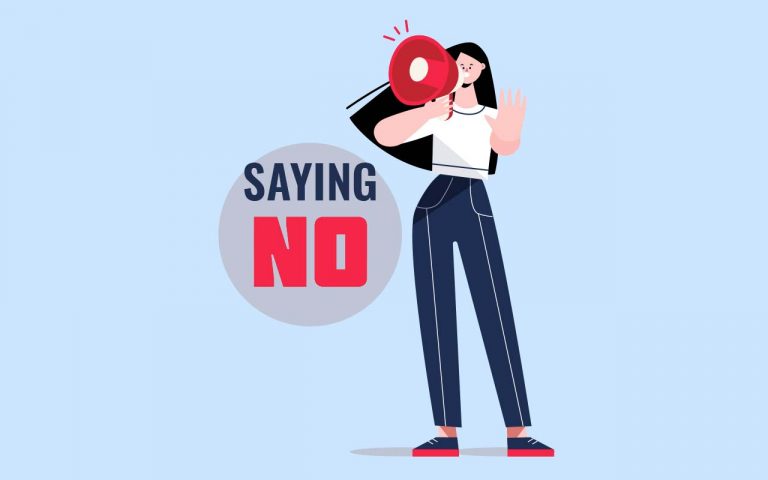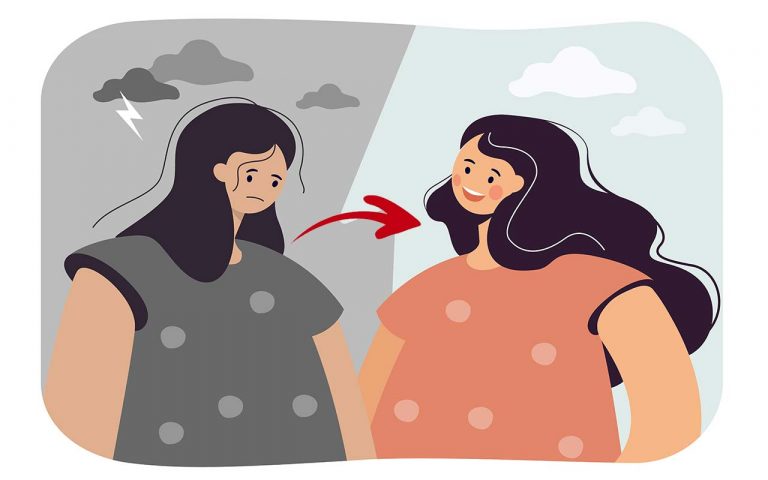We have always been taught two things first in our lives: To say Yes or No – without giving it such stress, the latter connotes something negative and the former is positive for sure. Whilst most of you nonetheless would agree, an interesting question now is if you ever thought or experience the psychological cost of rarely saying No?
Our behaviours outdoor fairly reflect on how we were brought up by our parents, family members and respective caretakers in the house, and these things affect the way we negotiate or arrange things with other people growing up. For example, some would be comfortable declining a friend’s offer at a coffee shop randomly because this person being invited simply needs to sleep early. No negotiations. Just No. In the same invite scenario, another person being invited will just show up anyway just to avoid any emotional rejection it can cause the inviter.
Becoming an adult is just a cycle of change, and it’s clearly up to you how you would like to keep it running in your circle including the art of saying no to things that don’t measure up to your goals and values in life. So, why waste the time? Unless you do not care or is just simply being careless.
You see now, people have different mindsets and it will all depend on how the receiver and the taker will react upon it.
But what is the moral lesson here? Could it be boundaries?
Yes, you read it right. Applying self-boundaries limit and protect you from many unnecessary emotional strains, attachments towards other people, things and circumstances you may have involved yourself in through life.
Having said that, it’s never too late to achieve more peace and healthy surroundings. Check out this article on how wellness programs, say from your respective company can benefit you.
No-No’s but with finesse
Always be kind in writing text or messages, so the person you’re turning down knows you still care?
Here are some strategies, as well as examples of how to say No politely:
1) Respond with kindness and a compliment
Example: Your collaboration proposal is interesting and thanks to you for sharing it with me, but it’s not a good fit for my coaching site.
2) Give reasons
Example: I can’t take over your coaching session this afternoon—I’m busy onboarding a new blog on my page and have a deadline I need to hit.
3) Be brief
Bad example: Leslie, I can’t help with that.
Better example: Unfortunately, Leslie, I’m afraid I can’t help with that.
4) Offer an alternative
Example: I can’t make the yoga vice president available for the speech conference before your deadline, but I’m happy to give a 10-min talk over Zoom. I can share some vision and inspiring journeys of all our happy members.
Declining an offer or simply saying No, is an essential part of life. While you don’t always have to explain, it’s often worth taking the time to express yourself kindly.
Your choice. Your life. Run it wisely.
For more inspiring blogs, please visit my page for additional resources that can help you grow mentally and spiritually.







